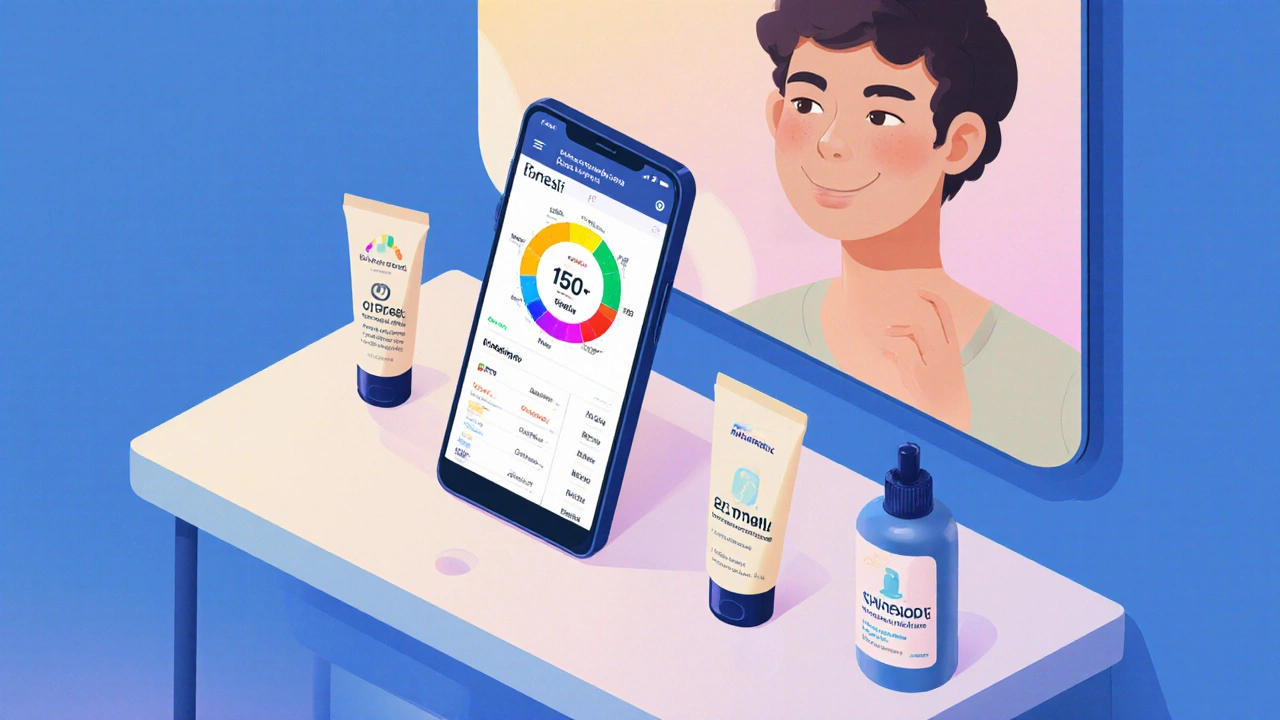Effective Acne Treatments: What Works and Why
When working with effective acne treatments, clinically backed methods that clear breakouts, calm inflammation, and keep pores from clogging. Also known as acne solutions, it blends topical, oral, and lifestyle approaches to tackle the root causes of blemishes. Effective acne treatments encompass a mix of ingredients, habits, and preventive steps, so you can choose what fits your skin type and lifestyle.
Key Players in Modern Acne Care
The first category most people hear about is retinoids, vitamin A‑derived compounds that speed up cell turnover and prevent clogged pores. Retinoids include prescription‑strength options like tretinoin (Retino A) and over‑the‑counter adapalene. They work by pushing old skin cells out faster, which reduces blackheads and helps existing pimples heal faster. A second heavyweight is Accutane, isotretinoin, a powerful oral retinoid reserved for severe cystic acne. Accutane tackles acne at its source by shrinking oil glands, cutting down sebum production, and dramatically lowering bacterial growth. Because it can cause serious side effects, doctors monitor blood work and limit the treatment to a few months, but many patients see lasting clear skin after a single course.
Beyond prescription meds, the skin‑gut connection is gaining attention. Probiotics, live bacteria that balance the gut microbiome and can calm skin inflammation are showing promise for mild to moderate acne. Certain strains, like Lactobacillus reuteri and Bifidobacterium longum, reduce systemic inflammation and may lower the number of breakouts. While probiotics don’t replace topical treatments, they complement them by addressing internal triggers that often flare up on the face.
Finally, prevention is half the battle. Sunscreen, broad‑spectrum protection that shields skin from UV‑induced inflammation and hyperpigmentation is a non‑negotiable step for acne‑prone skin. UV rays can worsen post‑inflammatory marks and trigger excess oil production, making existing pimples look worse. Choosing a lightweight, non‑comedogenic formula—like a mineral‑based SPF 30 or a gel‑cream with zinc oxide—keeps pores clear while protecting against sun damage.
All these pieces fit together: retinoids and Accutane clear existing lesions, probiotics calm the internal environment, and sunscreen prevents new damage. Together they form a comprehensive plan that addresses acne from multiple angles. Below you’ll find articles that dive deeper into each option, compare dosages, discuss side‑effects, and offer practical tips for getting the most out of your regimen. Ready to see how these treatments can work for you? Keep reading to discover real‑world guidance and the latest research behind each approach.
Explore the hottest 2025 acne skincare trends, from microbiome‑friendly formulas to AI skin analysis apps. Learn what truly works, how to build an effective routine, and avoid common pitfalls.
View More

